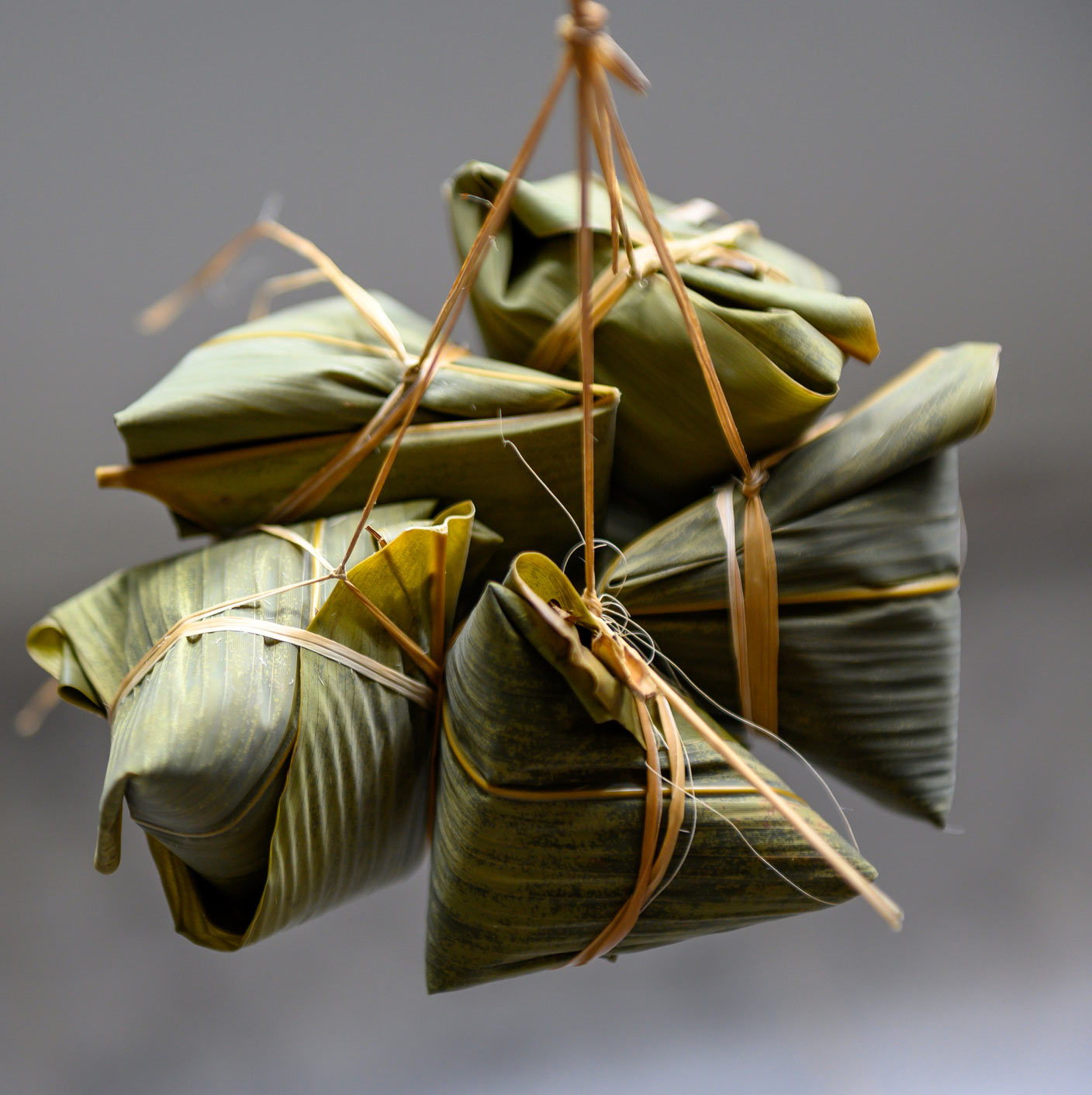History of Dragon Boat Racing
Origins and More
Dragon boating traditions stem from Chinese culture, dating back over 2,400 years. Celebrations originally invigorated on the fifth day of the fifth lunar month of the Chinese calendar, with the racing being a leadway to bountiful agricultural crops, encouraging rains and fertile prosperity. With a rich legendary background that seconds dragon boating, as you will read below, the history of the sport has now spread its wings worldwide, being one of the fastest-growing athletic activities of the 21st centuries. Immerse yourself in this artistic and cultural sport, by joining us at the Victoria Dragon Boat Festival.
The Legend
The popular legend has it that villagers in a southern Chinese village carried rice dumplings and boats to the middle of the local river in desperately trying to save the well-respect poet Qu Yuan from drowning, but were ultimately unsuccessful.
Then, to keep fish and evil spirits away from the poet’s body, they beat drums and splashed the water with their paddles. Rice was thrown into the water as a food offering to the poet, Qu Yuan, while also serving to distract the marine animals from his body.
However, late one night, the spirit of Qu Yuan appeared before his village friends, telling them that his death had been caused by a river dragon. The spirit asked for rice to be wrapped in three-cornered silk packages, as an attempt to ward off the dragon. Known as zongzi, these traditional packages are today wrapped in reed leaves and enjoyed as part of Duan Wu Festival celebrations annually.
The art of dragon boat racing, in search of Qu Yuan’s body, gradually became an established cultural tradition, with the races being held on the anniversary of the poet’s death each year.
However, late one night, the spirit of Qu Yuan appeared before his village friends, telling them that his death had been caused by a river dragon. The spirit asked for rice to be wrapped in three-cornered silk packages, as an attempt to ward off the dragon. Known as zongzi, these traditional packages are today wrapped in reed leaves and enjoyed as part of Duan Wu Festival celebrations annually.
The art of dragon boat racing, in search of Qu Yuan’s body, gradually became an established cultural tradition, with the races being held on the anniversary of the poet’s death each year.

Legacy
Today, people still eat zongzi and participate in dragon boat races to commemorate Qu Yuan’s sacrifice at the Dragon Boat Festival (Duan Wu festival) on the fifth day of the fifth month of the Chinese lunar calendar.
Biography of Qu Yuan
Qu Yuan is generally recognized as the first great Chinese poet. He abandoned the strict four-character verses used in poems of the day and initiated poetry with verses of varying lengths, resulting in more flowing rhythms and greater latitude of expression. Yuan is also regarded as one of the most prominent figures of Romanticism in Chinese literature, and his masterpieces influenced some of the greatest Romantic poets in Tang Dynasty.
Other than his literary influence, Qu Yuan is also regarded as the earliest patriotic poet in Chinese history. The loyalty, and unyielding patriotism expressed in his poems embodied Confucian political ideals, and have served as a model for Chinese intellectuals to this day.

